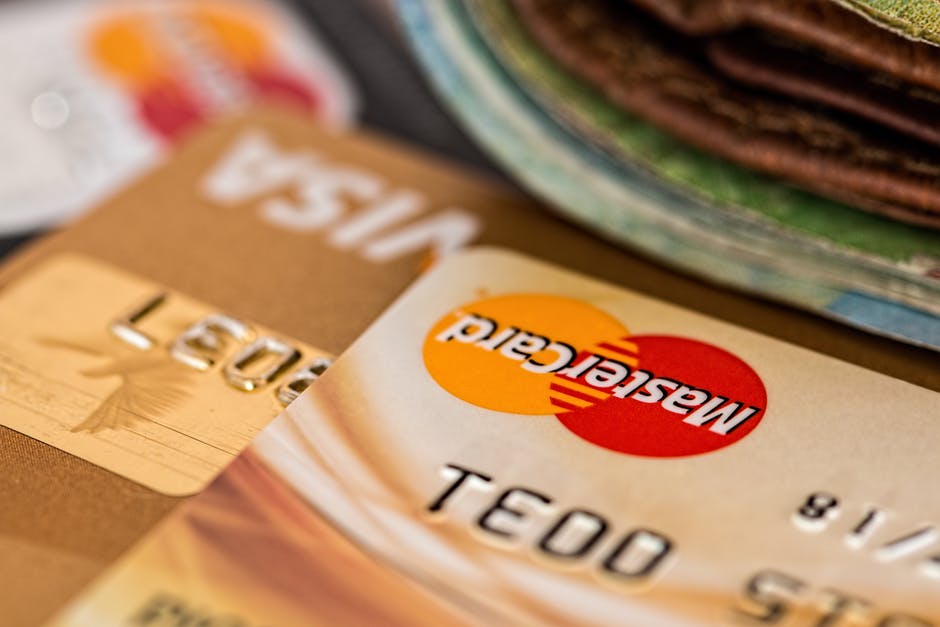
The allure of “free” money is hard to ignore, and the credit card industry has done a stellar job of enticing the masses with the potential to pocket extra cash. Nearly 70% of all Americans have at least one credit card in their wallet at any given time, and card issuers estimate 10 million new credit card members enter the market each year. The majority of credit cards currently available to and used by consumers have a rewards program that offers a bevy of perks. Cash back, discounts on travel purchases, and exclusive in-store and online deals rule the rewards world, as credit card companies have honed in on what card users want and expect from their cards.
But credit card rewards have a dangerous side of which card holders should be aware. Before rushing to pay with plastic to rack in rewards points, ask yourself these important questions.
Are You a Responsible Spender?
Using credit cards for purchases every now and again doesn’t typically get you into trouble; the issue lies in using a credit card for every purchase, big and small. Yes, credit cards come with hard spending limits, but they often exceed what is available in a checking or savings account. Some have a hard time managing the temptation of buying on credit, especially when the potential for earning rewards is a constant draw. Exceeding your spending limits just for credit card rewards creates a cycle of debt that can be difficult to manage, or that may leave you in need of other financing tools like auto title loans to cover required expenses month to month.
If you want to maximize your credit card rewards without pushing the limits of your budget, set firm boundaries for how much you can spend each billing cycle based on your income and other expenses. Alternatively, you may consider using your rewards credit card for specific purchases, like filling up at the gas station or travel-related buys. These “rules” keep a lid on your spending while giving you the opportunity to earn rewards over time.
Will You Use the Rewards?
Rewards credit cards come in all shapes and sizes, from travel cards for the frequent flyer to cash back cards for the retail therapist. Before taking to a rewards credit card for all your buying needs, think through the specifics of your chosen card. If you hit the road or skies on a regular basis, having a co-branded airline or hotel credit card may add up to significant savings. The same goes for a cash back credit card that offers bonus rewards for certain categories in which you make purchases frequently. It won’t do you much good to have a rewards credit card that isn’t aligned with your spending habits, no matter how attractive the rewards program sounds.
Have You Added up the Cost?
There are several rewards credit cards available to well-qualified borrowers that have no annual fee for use, but others, specifically those with the highest rewards potential, come at a cost. In addition to an annual fee, card issuers impose a variety of charges on card users for certain activities, like adding an authorized user, making purchases outside the United States, or making a payment past the due date. These charges add up to a pretty penny if you aren’t careful. Added to the usage costs of some rewards credit cards is the inevitable interest charge when a balance remains from a previous billing cycle. The average interest rate for credit cards has crept up in recent years, reaching 15.07% for the most qualified card users. If you aren’t able to pay off your credit card debt quickly, rewards credit cards may not be the right choice.
Earning rewards simply by using your credit card to make purchases you would otherwise is a smart way to boost your purchasing power. However, it’s necessary to evaluate your spending habits to ensure you aren’t overdoing it just because you can. Take the time to pick the right rewards card that will give you the most bang for your buck, and remember that credit card debt can be expensive when ill-managed. Credit card rewards are worth it when, and only when, you have a realistic plan in place to curb your spending and pay the subsequent bill.
Lovely article it so good and very knowledgeable
http://www.mademoiselleperrier.com/2017/01/breakfast-at-cafe-flore.html
I’ve avoided credit card debt up until now and I’m glad I managed to stay focused on being practical, rather than blinded by rewards. Getting cash back or other tempting deals sounds nice, but when it comes at the expense of your own finances, it also sounds dangerous.
Adriana @Money Journey recently posted…Top 3 ownership investment strategies for young adults